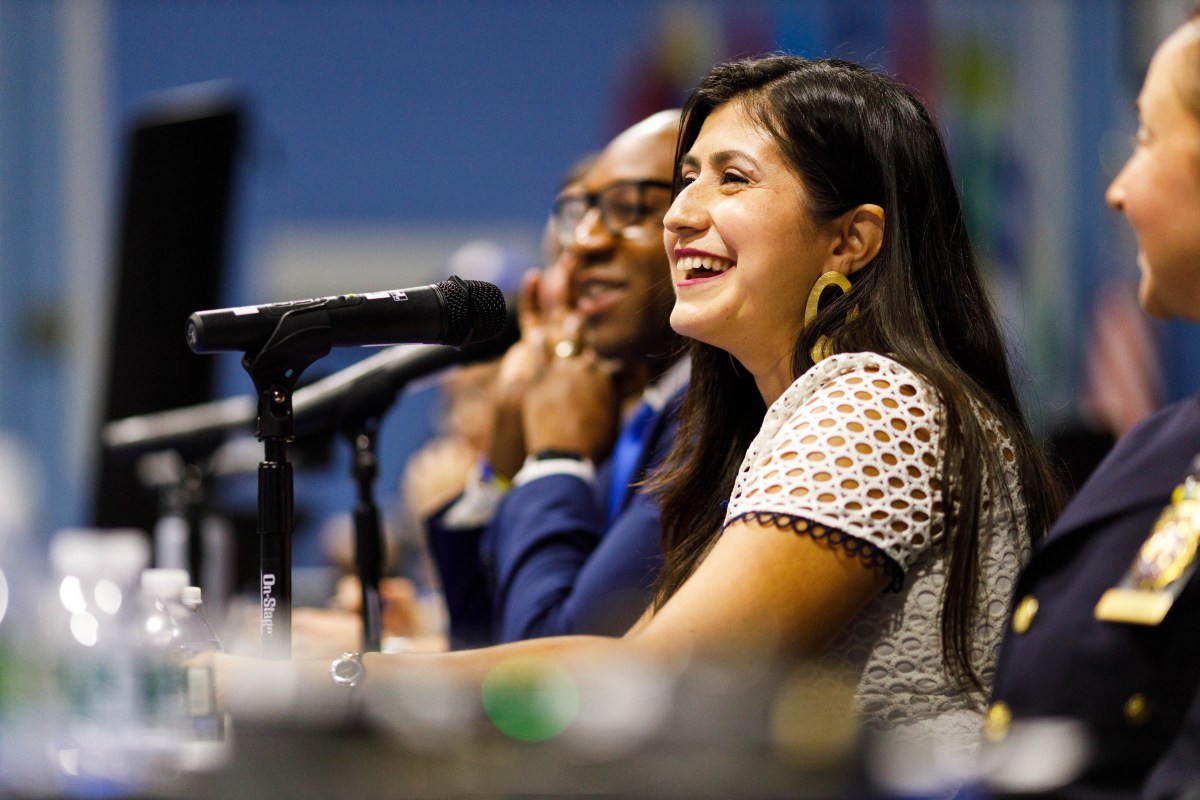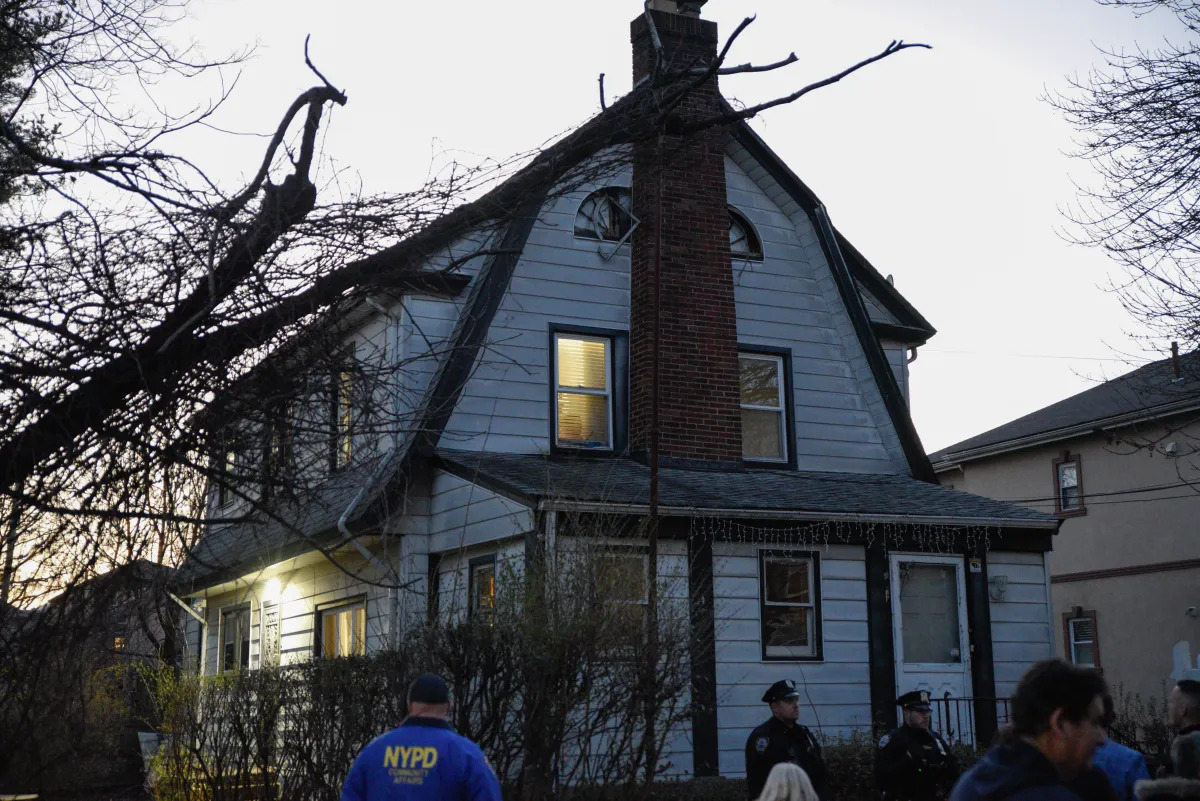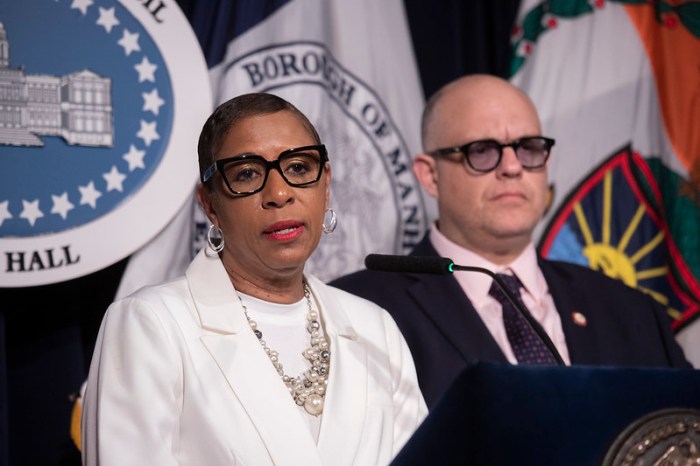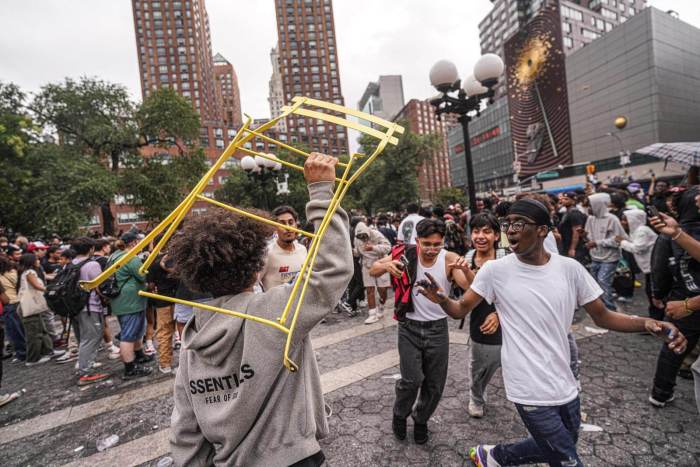
Writers, filmmakers and other production employees who work on reality shows sought the city’s help Wednesday to ensure better working conditions and compensation.
City Councilman I. Daneek Miller, who chairs the council’s committee on civil service and labor, heard from various freelance employees who say they aren’t reaping the benefits as nonfiction shows become more profitable.
Most of the workers aren’t protected by union rules, like their counterparts who are on scripted shows, and the city should step in.
“What these big companies have figured out . . . is how to squeeze the most out of their employees,” said David Van Taylor, a freelance nonfiction producer.
The Writer’s Guild of America East issued a report describing harsh working conditions of New York crews for reality shows.
The reality TV job sector saw a 20% jump in the city over the last decade.
There are about 15,000 New Yorkers who work in nonfiction TV, 2,000 of whom are writer-producers, according to the Writers Guild of America East. Most of those employees work freelance. Lauren Veloski, one of these freelancers, testified that she not only had to work 12-hour days on gigs with no overtime but the production company made her sign a contract that stipulated it was normal.
“Many of us suffer rampant, indeed systematic ‘wage theft,’ but we are told to be loyal,” she said.
Lowell Peterson, the Writers Guild of America East executive director, said he has been trying to negotiate with the studios and production companies for years to get those employees unionized, but there has been little progress.
He urged the city to assist with the discussions because those artists can give New York extra boost from an industry that already sees $7 billion annual economic impact, he said.
“Creative professionals who enjoy their work and have the ability to keep doing it while raising families and paying the rent are in the best position to do their work,” he said.
There were no representatives from the television studios or production companies at the hearing, and Miller, said their absence “appalling.”
The councilman, who was the only committee member to stay for the entire hearing, agreed that the city should help to enforce labor laws and offered to act as a liaison between the union and the production companies to come up with an agreement.
“We’ve got to have a real intelligent conversation with all of these stakeholders,” he said.

















